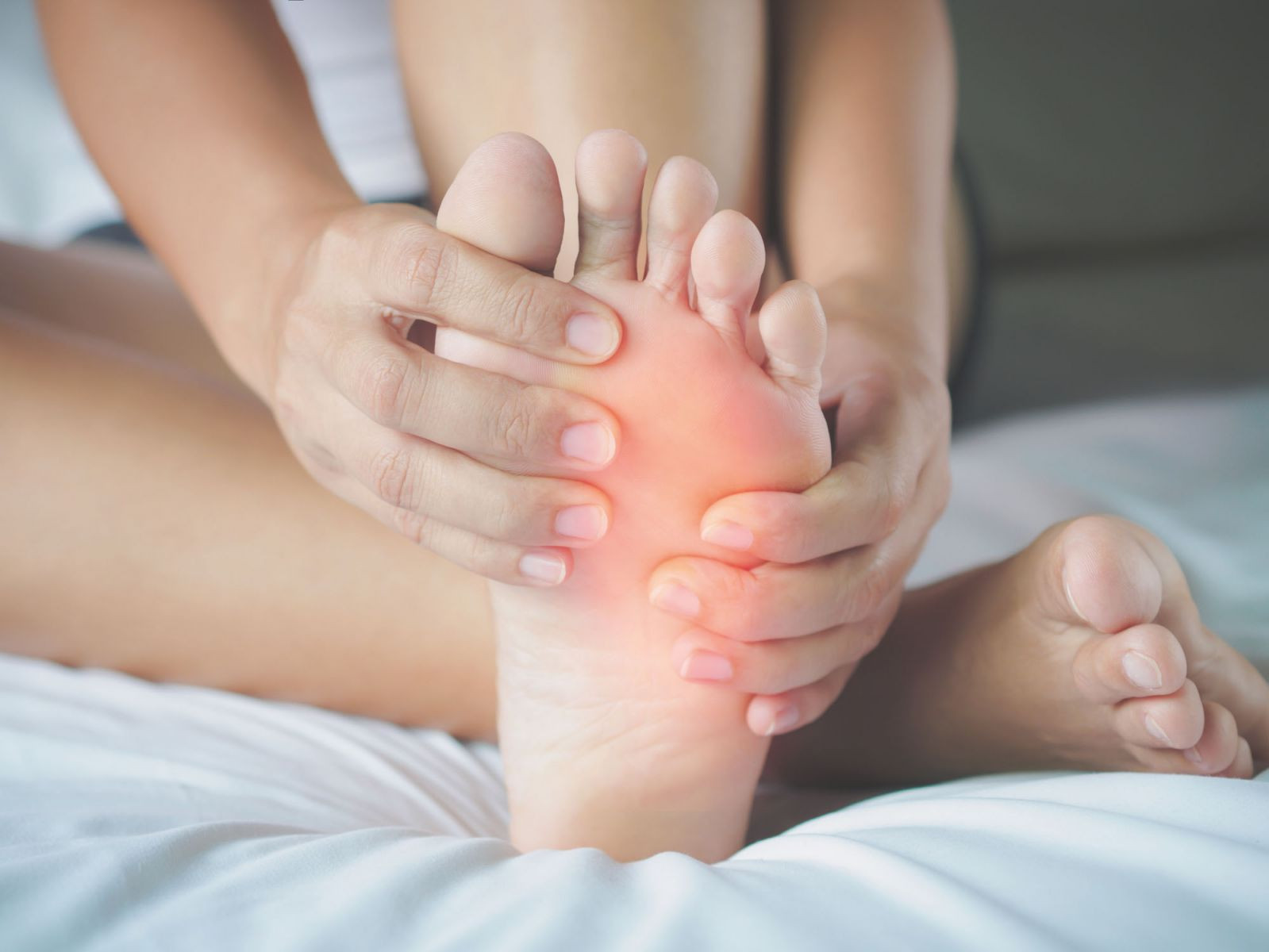
What are somatic workouts?

How to curb your stress eating

How to spot Parkinson’s disease symptoms

8 simple ways to reduce ultra-processed foods in your diet

Heart failure symptoms in women: How they’re different

GERD diet: Foods to avoid to reduce acid reflux

Strong is the new skinny

Everyday habits that sneakily weaken your bones

Don’t wait to get help for back pain

Correcting how you walk may ease osteoarthritis knee pain
Diseases & Conditions Archive
Articles
How to prevent kidney stones
Drinking water and changing your diet are just some ways to avoid kidney stones. See the full list here.
Harvard Health Ad Watch: An IV treatment for thyroid eye disease
An ad for a medication to treat thyroid eye disease accurately describes the symptoms of the condition, but as is common with such ads it does not discuss other possible treatment options, or other information that people should be aware of.
Living with gout
Adopting healthy self-management strategies that focus on a healthy diet, physical activity, and achieving and maintaining a healthy weight, can improve the quality of life of people with gout. Many of these same strategies can help reduce the risk of developing gout to begin with.
Irregular sleep patterns linked to atherosclerosis
A 2022 study suggests that sleep irregularity—night-to-night variations in sleep duration and timing (when someone falls sleep)—are linked to atherosclerosis (plaque buildup in the arteries).
Coping with recurring vertigo
For many people, attacks of vertigo recur periodically. The attacks are usually caused by a disorder of the balance (vestibular) system. Examples of balance disorders include benign paroxysmal positional vertigo (BPPV), cervical vertigo, Meniere's disease, and vestibular migraine. Treatment for recurring vertigo involves getting the underlying cause under control; seeking physical therapy tailored to people with balance disorders; and (for people with BPPV) doing a particular maneuver to reposition loose debris in the ear canal.
Advances in varicose vein treatment
Unlike a few decades ago, there are now a number of minimally invasive ways to treat varicose veins. Doctors can shut down problem veins with injections of various substances or certain catheter procedures. A treatment currently in clinical trials in the United States promises to simply "zap" away varicose veins from outside the body. Called high-intensity focused ultrasound, it converts sound waves into a focused beam of heat that seals a malfunctioning vein.
Healthy habits might ward off long COVID
A 2023 study suggests that women who practice many aspects of a healthy lifestyle are about half as likely as women who don't to experience persistent symptoms after a COVID-19 infection.
What can I do about my nasal drip?
Daily persistent nasal drip or congestion is usually caused by chronic nonallergic rhinitis. Daily nasal irrigations and prescription nasal sprays are the recommended treatments.
Why is my heart rate high?
Many factors can increase heart rate from the normal pace of 60 to 100 beats per minute. Lifestyle choices and certain medications can raise heart rate, as can serious conditions. When an elevated heart rate is joined by urgent symptoms, seek immediate care.

What are somatic workouts?

How to curb your stress eating

How to spot Parkinson’s disease symptoms

8 simple ways to reduce ultra-processed foods in your diet

Heart failure symptoms in women: How they’re different

GERD diet: Foods to avoid to reduce acid reflux

Strong is the new skinny

Everyday habits that sneakily weaken your bones

Don’t wait to get help for back pain

Correcting how you walk may ease osteoarthritis knee pain
Free Healthbeat Signup
Get the latest in health news delivered to your inbox!
Sign Up











